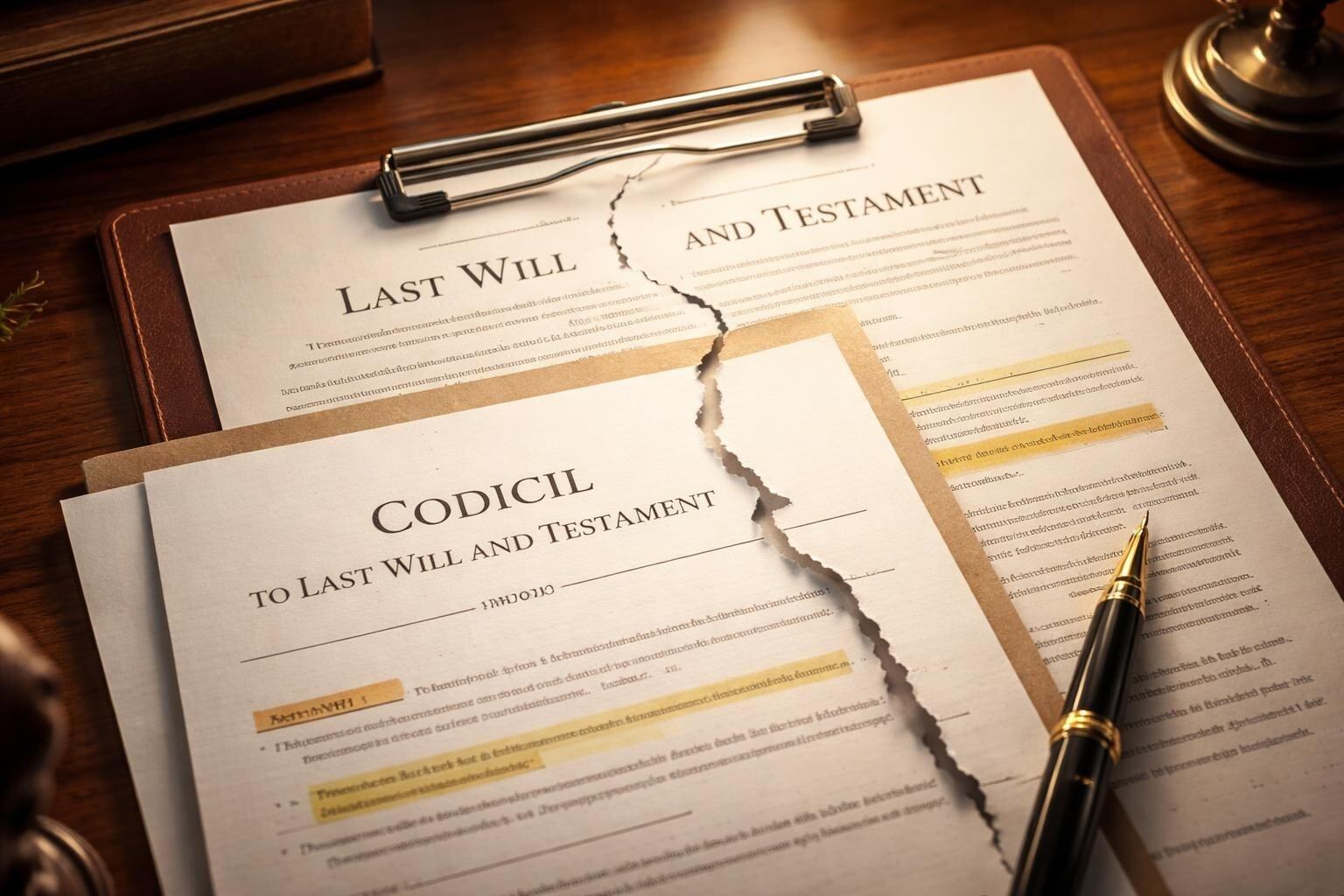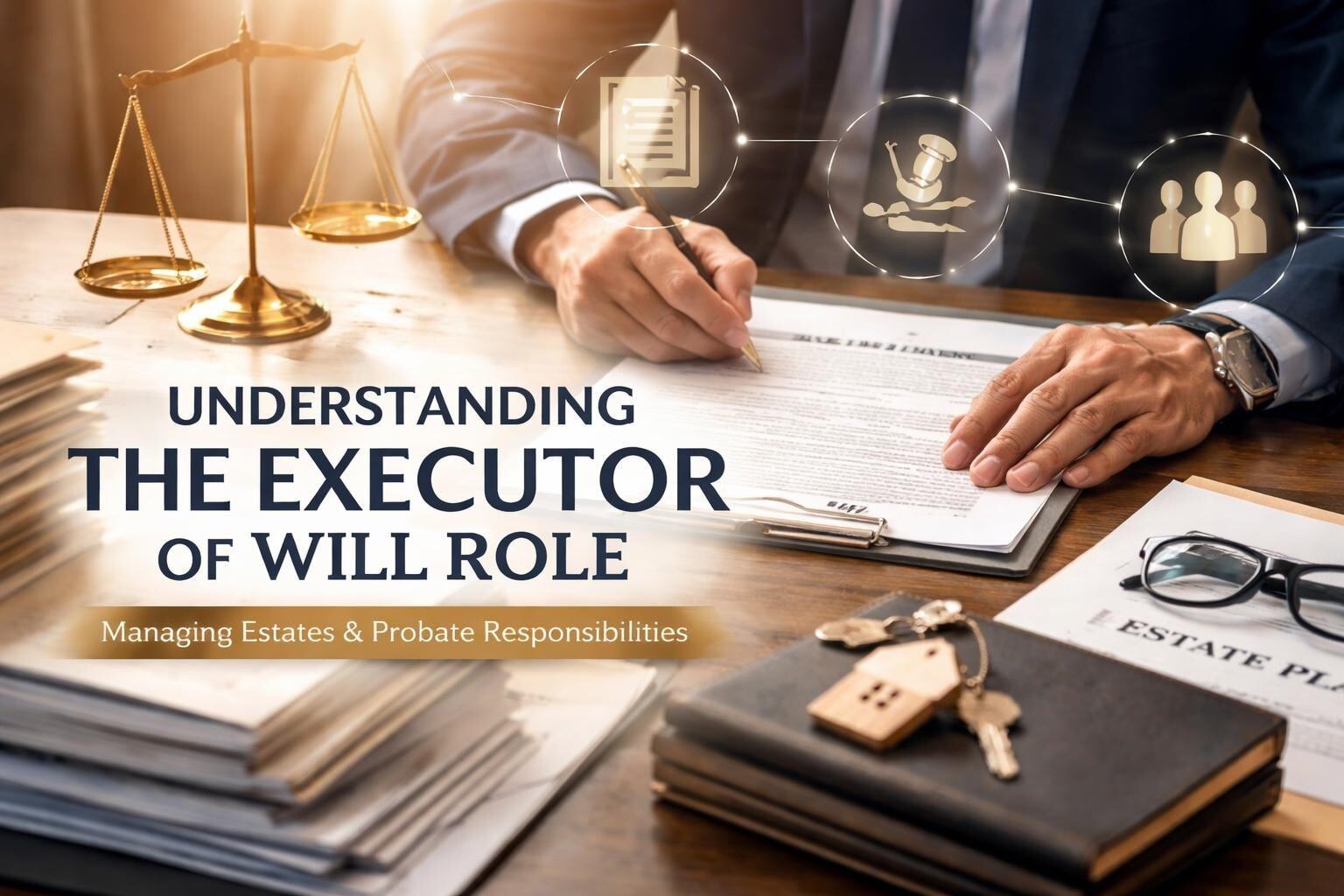8 Crucial Strategies to Secure Your Children's Future
Welcoming a child into your life is a momentous occasion that fills your heart with immeasurable joy and a renewed sense of purpose. From their first steps to their first day of school, you cherish every milestone, nurturing their dreams and aspirations along the way. While your focus may naturally be on creating a nurturing and secure environment for your little ones, it's essential not to overlook the importance of protecting their future.
Life planning may seem like a distant concern, often associated with older age or the accumulation of vast wealth. However, as a parent, it’s an indispensable tool for safeguarding your children's future, providing them with stability and protection even in the face of life's uncertainties. By implementing effective strategies, you can ensure that your children are well-cared for, financially secure, and shielded from unnecessary burdens during difficult times.
In this article, we will explore six planning strategies that every parent should consider. Whether you're a new parent navigating this exciting journey or a seasoned caregiver looking to revisit your existing plans, these invaluable insights will guide you toward making informed decisions. Let's dive in and discover how proper estate planning can empower you to create a legacy of love, care, and financial well-being for your precious children.
-
Draft a Will And Keep It Up To Date
The pandemic demonstrates how easily something completely unexpected can impact our daily lives and threaten our health and well-being. It has highlighted the need for estate planning, especially through the creation of a valid Will. Shockingly, over 60% of the US population don’t have a Will or other legally binding document dictating how their assets and property should be distributed (intestate), leaving their assets vulnerable to intestate succession laws.
These laws dictate that only spouses, partners, and close family members will inherit, potentially causing distress and conflicts during an already emotional time.
To avoid such turmoil, having an up-to-date Will is crucial, as it allows you to specify your wishes clearly and ensure timely asset distribution by appointed executors. It is equally important for spouses or partners to create their own Wills, which emphasizes the need for comprehensive life planning for everyone.
By prioritizing the creation of a Will, individuals can secure their assets, bring peace of mind to their loved ones, and eliminate potential disputes that may arise in the absence of a clear plan.

-
Set up Trust with Limitations and Contingencies
Trusts provide a powerful way to pass on your estate to your children while promoting responsible asset usage. It also comes with additional benefits such as avoiding probate and certain taxes.
Parents often prefer revocable living trusts, which can be modified before the grantor's passing.
Another crucial benefit is the ability to set restrictions on when and how your children receive their inheritance. This helps address concerns about teenagers impulsively handling large sums of money.
However, by structuring trust payments over time, such as at ages 25, 30, and 35, parents can promote responsible financial management and ensure their children's long-term financial security.

-
Assign Durable Powers of Attorney
While it may not seem directly linked to your children, durable powers of attorney play a significant role in estate planning and can have surprising impacts on your children's well-being. In the event of your incapacitation, it is crucial to determine who will have control over your financial matters and what responsibilities they will assume. Agents appointed in a durable power of attorney can be granted various financial powers, including handling transactions with financial institutions, managing taxes, overseeing retirement accounts, and transferring property to an established trust.
In some cases, the person designated as your agent in a durable financial power of attorney can utilize your assets to cover certain expenses for both you and your family.
Therefore, it's essential to choose someone who shares your financial values and consistently demonstrates sound judgment. You have the option to grant this person broad authority over your finances or establish specific restrictions on how and when they can access and utilize your assets.
By carefully considering and selecting the right individual, you can ensure that your children's financial needs are met and their best interests are protected in the event of your incapacitation.

-
Assign Primary and Secondary Beneficiaries
As a rule of thumb, one parent would often pick the other as a primary beneficiary. However, in the unlikely event of both parents passing away at the same time, it is important to name children as secondary beneficiaries to secure their inheritance. This ensures that retirement savings, life insurance, and other assets will pass on to the children if the initial beneficiary is unavailable.
Additionally, consider listing a tertiary beneficiary for added protection.
However, it's essential to keep in mind that children cannot access life insurance benefits until they reach the legal "age of majority," typically around 18 years old. In the absence of a primary beneficiary and a tertiary beneficiary, the proceeds may be entrusted to a court-appointed guardian unless a custodial account is established to hold the funds until the children come of age.
By proactively considering primary, secondary, and tertiary beneficiaries for your accounts, you can ensure your children's financial security in the event of a tragic and simultaneous loss.

-
Account for Children from Previous Relationships
Perhaps when you were still married or in a relationship with someone other than your present partner, you prepared earlier child-related estate planning documents. You might want to consider modifying your estate plan if you have additional children with a new spouse. Examine the documents to see if they still apply in light of your current situation.
If you have a blended family like most people do, you might opt to set up a separate trust to make sure that the money gets to the kids from your first marriage. -
Add a Guardian Designation to Your Trust
Who will look after your kids if you’re not available? What happens if both you and your partner pass away or become incapable? It is to the detriment of your entire family if you haven't already taken steps to guarantee that your child ends up in the right home.
Imagine the comfort it would bring to know exactly how your kids will be taken care of in the worst-case scenario. -
Set up an Advance Healthcare Directive
It may not seem like your advance healthcare directive (also known as a living will) has anything to do with your kids, but it actually has a big impact on how your family will function if you run into health complications. Your healthcare plans could affect how your children interact with you if you become incapacitated as well as where and how much care you receive.
Advance healthcare directives can specify your wishes for care in the event that you become unable of caring for yourself due to illness or accident. For instance, you might indicate whether you want medical staff to carry out specific life-saving interventions.
You can also give someone the authority to act in your place.
-
Keep It in The Right Place
Never store the original of your will in a safe deposit box. When someone passes away, several states seal the box until the estate is resolved. Of course, having the original will on hand makes estate administration simpler.
You might consider keeping the original of your will with your attorney or in a fireproof box at home or in your workplace. Even better, scan all of your key financial documents so that you have a digital backup that you can save on a website like IronClad Family (up to 1 TB of space). Just make sure your nearest family member has access.
“We have a client who lived in New Orleans during Hurricane Katrina,” Welch says. “All of her documents were destroyed, but we had a virtual copy of everything and that was a huge help.”
How IronClad Family Can Help
Not only does the IronClad Family platform provide you with lawyer-approved templates to seamlessly create your Will, Power of Attorney, Health directives, etc. It also provides you with almost unlimited online storage for any and all your documentation. It also allows you to assign your recipients, when they can receive it, and under what conditions.
Conclusion
Take control of your family's future by prioritizing estate planning today. Create and manage your last Will and Testament, structure trust payments, assign durable powers of attorney, and designate beneficiaries using the convenient tools provided by IronClad Family. Secure your children's financial well-being and enjoy peace of mind knowing that you have taken the necessary steps to protect their future. Start planning now and leave a lasting legacy for your loved ones.




